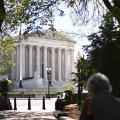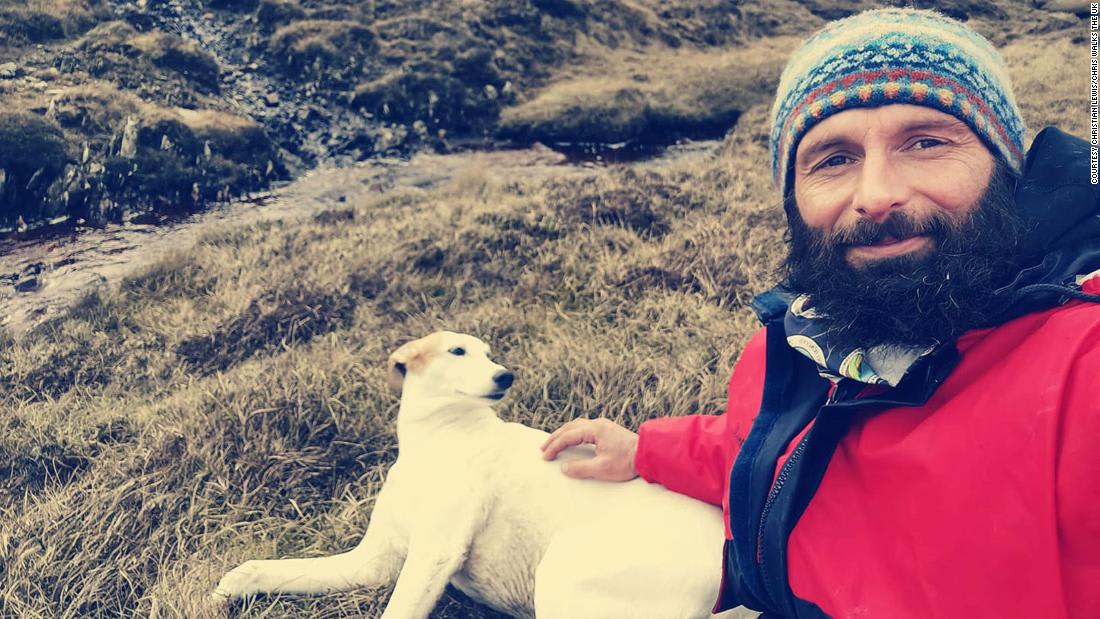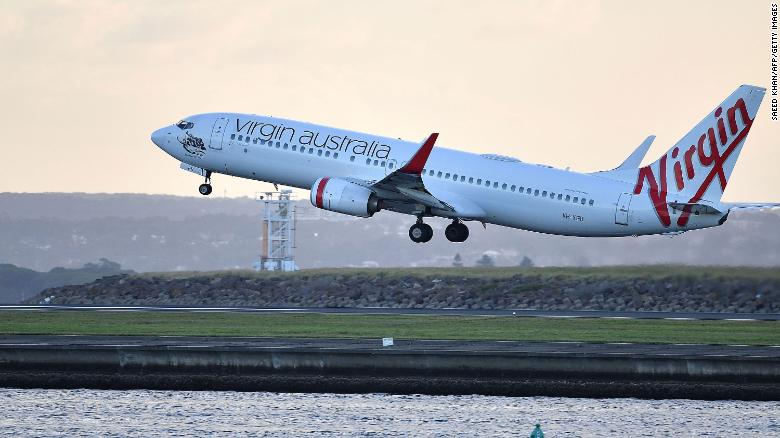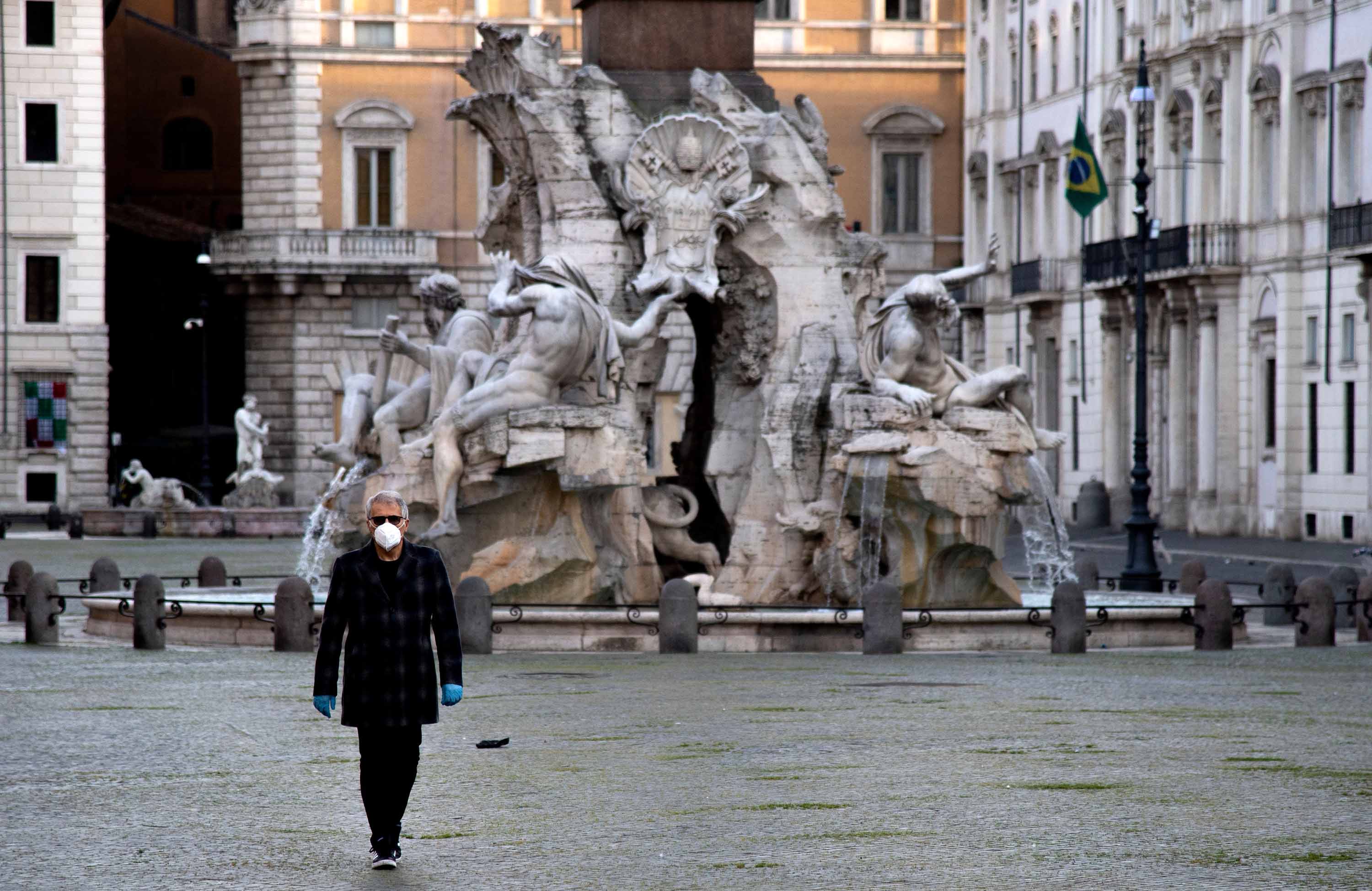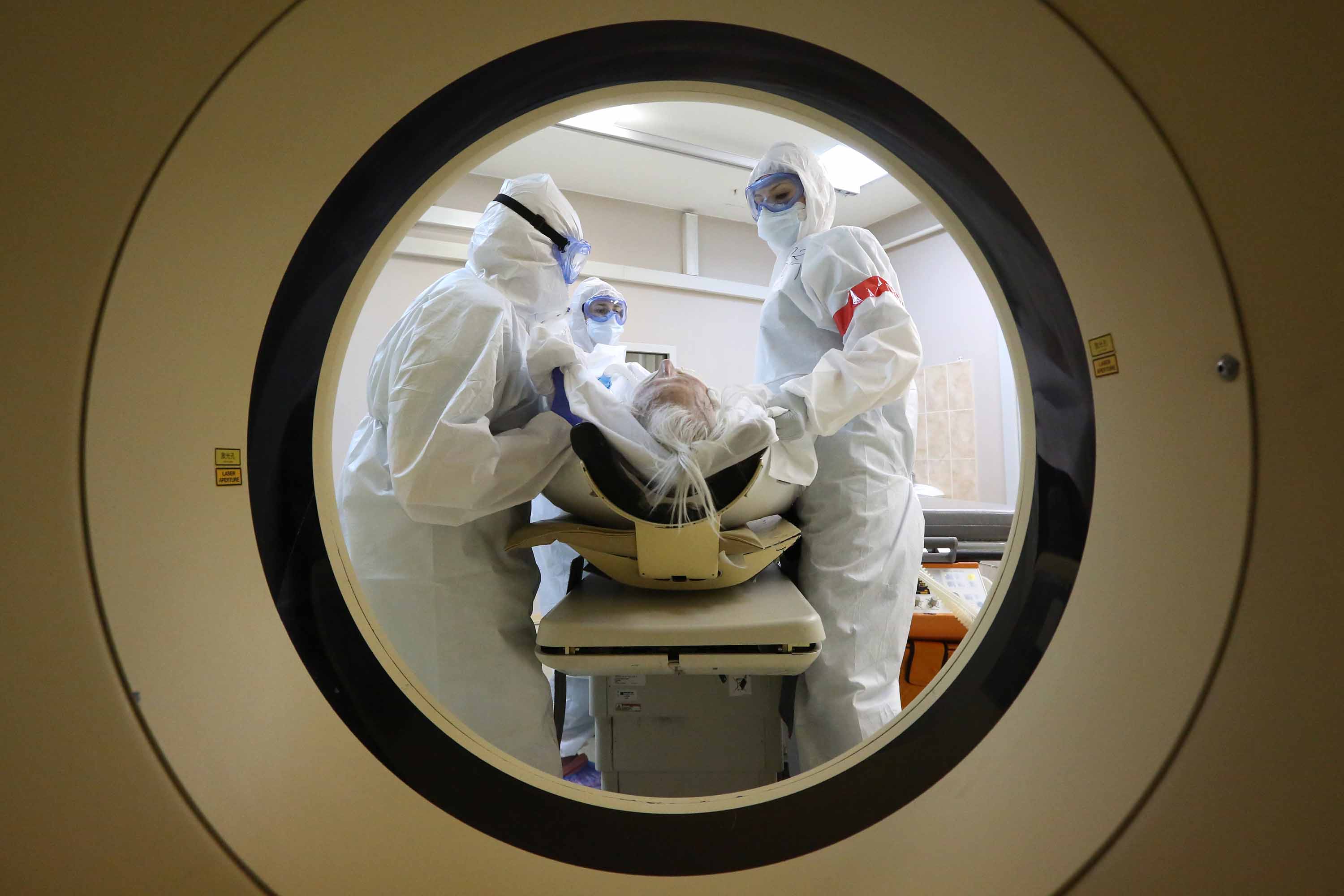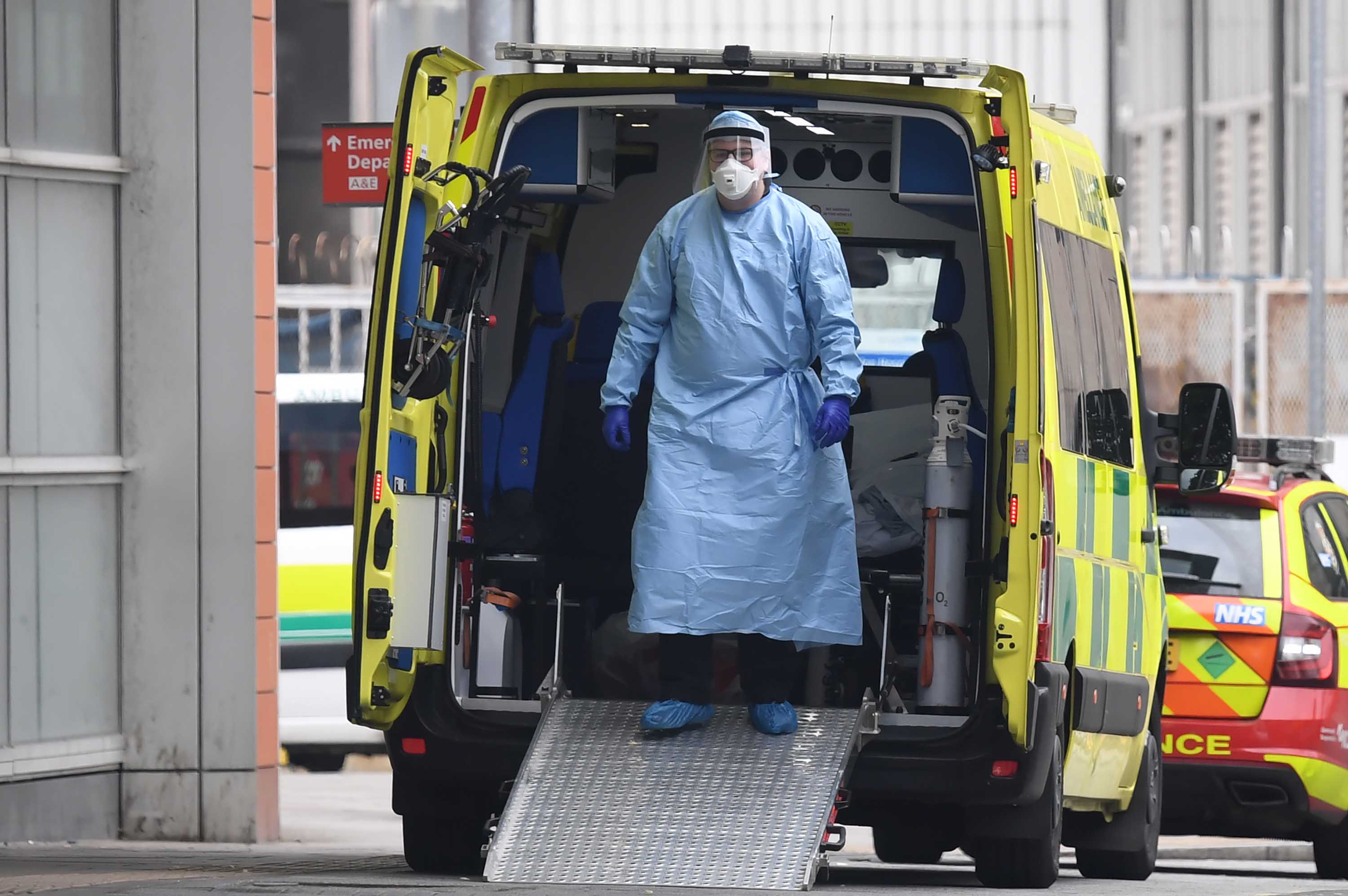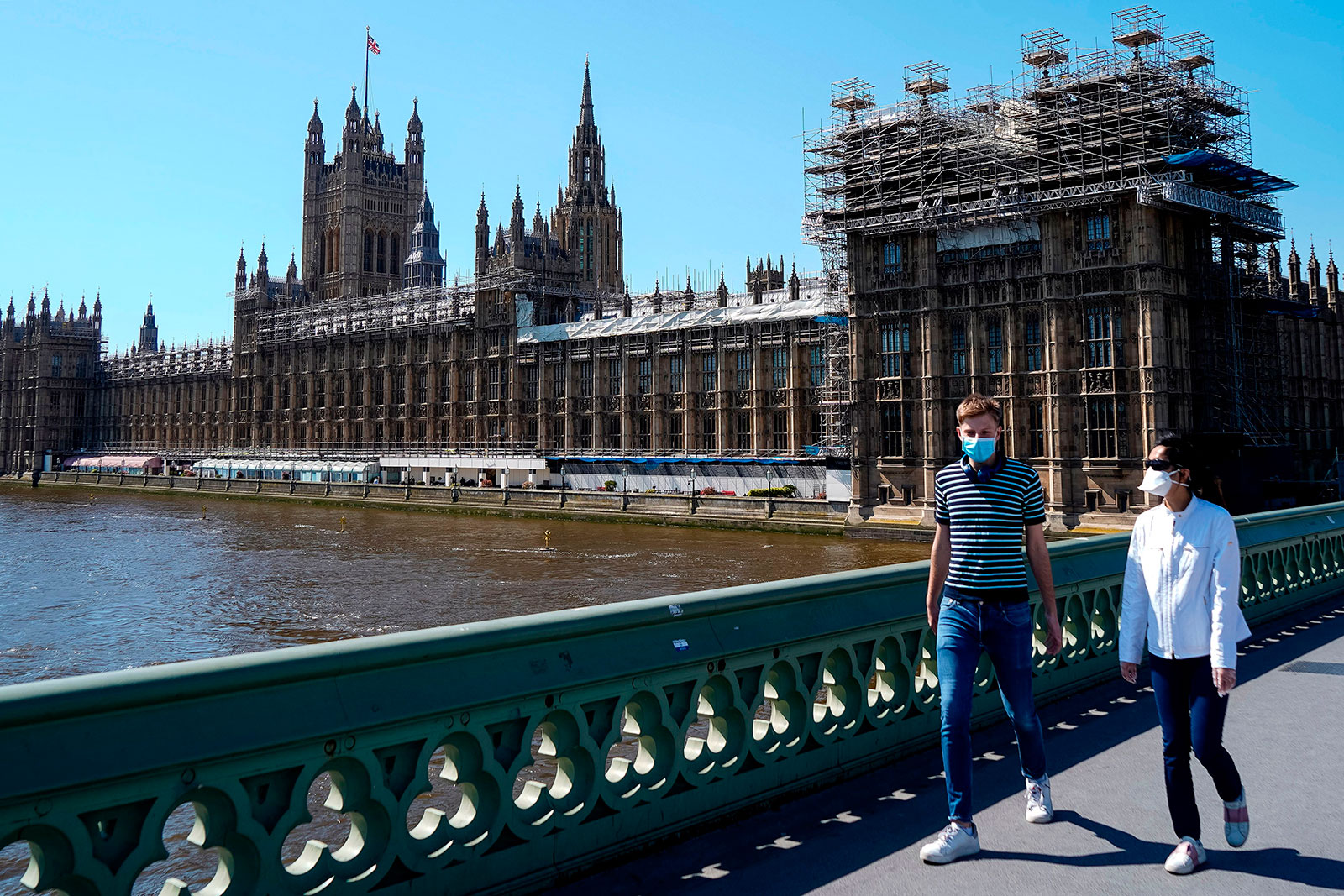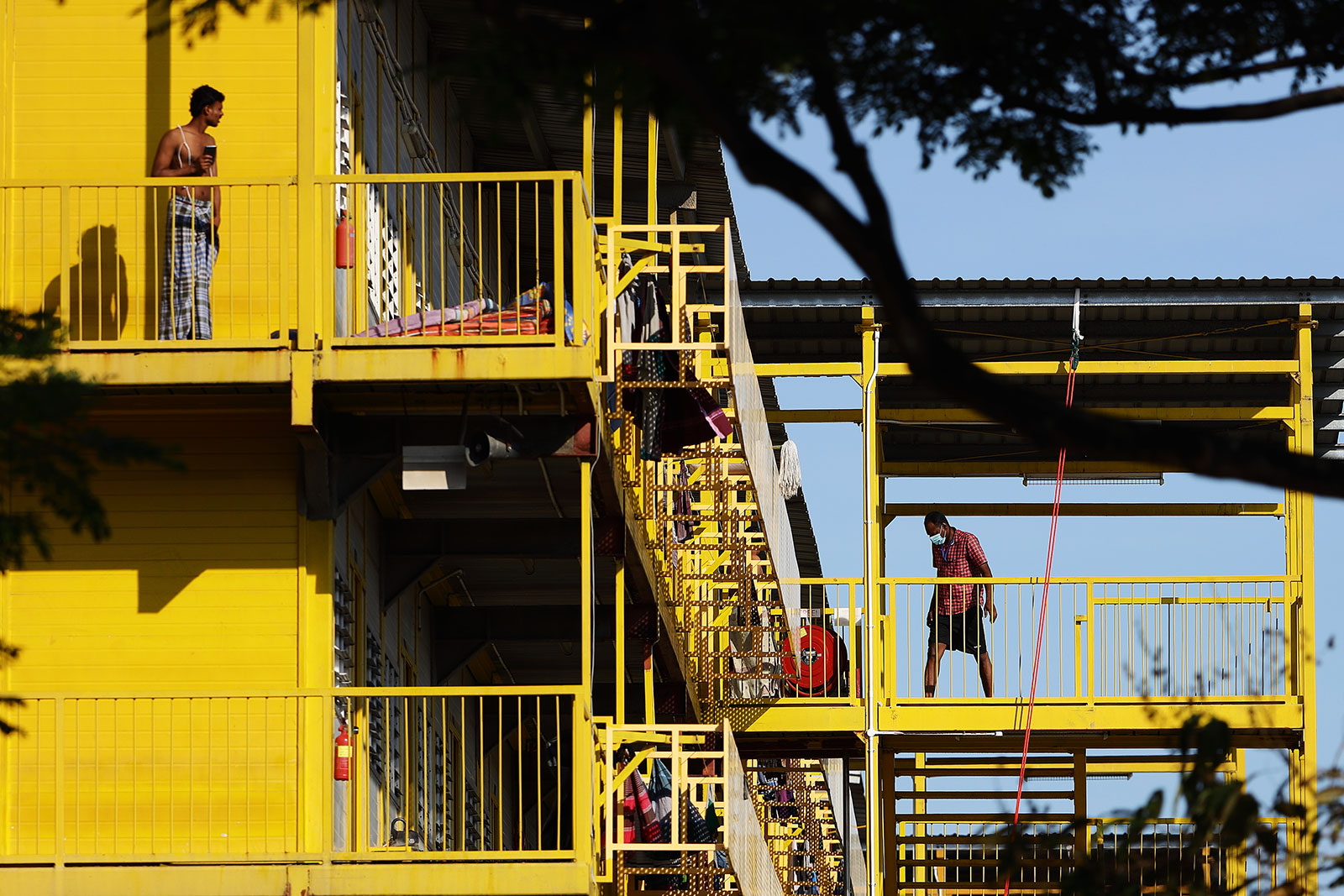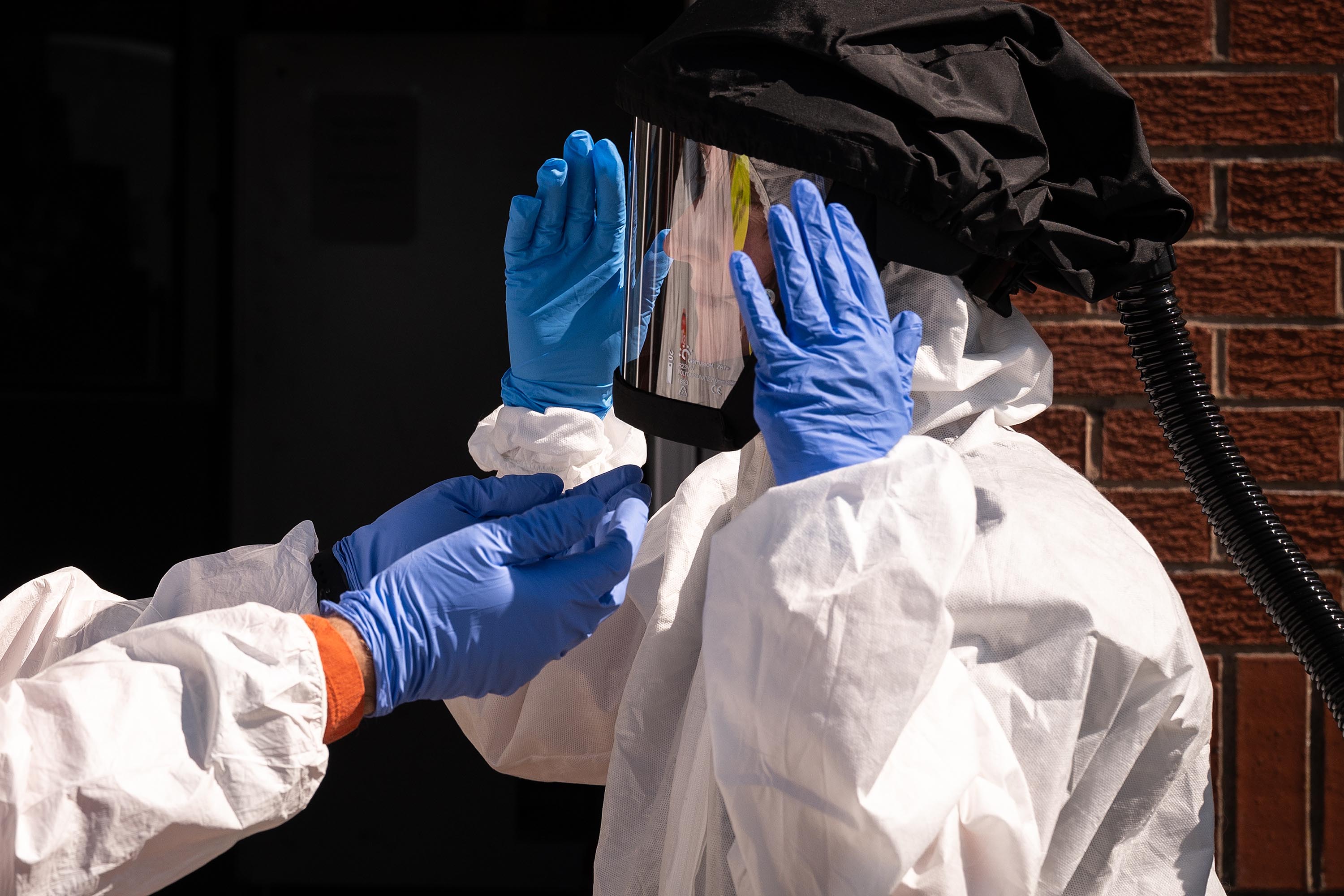
British doctor Katie Sanderson says there are some “very, very significant gaps” in the provision of personal protective equipment (PPE) for treating coronavirus patients.
Referencing a Doctors' Association UK survey with more than 1,100 responses in 250 settings, Sanderson told BBC radio that 38% of doctors had no eye protection, 38% who need FFP3 masks do not have access to them and 47% do not have access to long sleeve gowns.
Sanderson, who works as a junior doctor in north London, also said the government should provide reassurance to families of medical workers that they won’t face financial ruin if the health worker dies at work.
“All of us are more or less worried about dying as a result of being infected with coronavirus at work,” Sanderson said, adding that for migrant families, there is the extra stress of their visa situation.


